Upgrading to a 200 amp electrical service involves replacing your home’s main electrical panel and wiring for increased capacity. This enhancement accommodates higher power demands, crucial for modern appliances and technology.
Beyond the essential safety and functionality improvements, understanding the factors influencing the upgrade is vital.
How Much Does It Cost to Upgrade to 200 Amp Service?
Typically, the upgrade from 100 to 200 amps costs around $750 to $2,000 for homeowners. Keep in mind, that this doesn’t cover the expense of installing new wiring for extra circuits, which is an additional consideration to factor in.
Factors That Raise or Lower the Cost of Upgrading to 200 Amp Service
Upgrading a residential electrical system from 100 to 200 amp service is a practical investment that enhances a home’s power capacity for today’s energy-intensive devices. The cost of this upgrade, however, can vary significantly due to several factors that come into play.
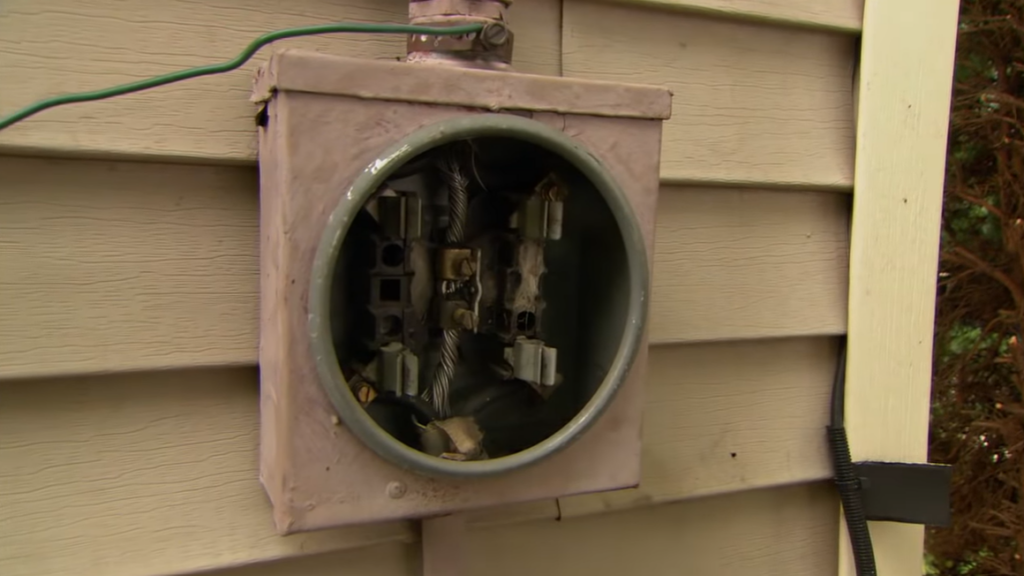
Understanding these factors can help homeowners anticipate and budget for the expenses involved.
Type of Property and Wiring Complexity
The nature of your property plays a pivotal role in determining the cost of upgrading to a 200 amp service. Older homes might have outdated wiring systems that need extensive replacement, driving up the cost.
Similarly, the complexity of your property’s layout and construction can impact the labor and materials required for the upgrade. For instance, a multi-story house or one with limited access to wiring areas might require more effort, affecting the overall cost.
Panel and Equipment Quality
The type and quality of electrical panel and equipment you choose can have a direct impact on the cost. Basic panels might be more affordable, but they might lack advanced features and durability. On the other hand, premium panels with better safety features and longer lifespans can cost more upfront but could offer better value in the long run.
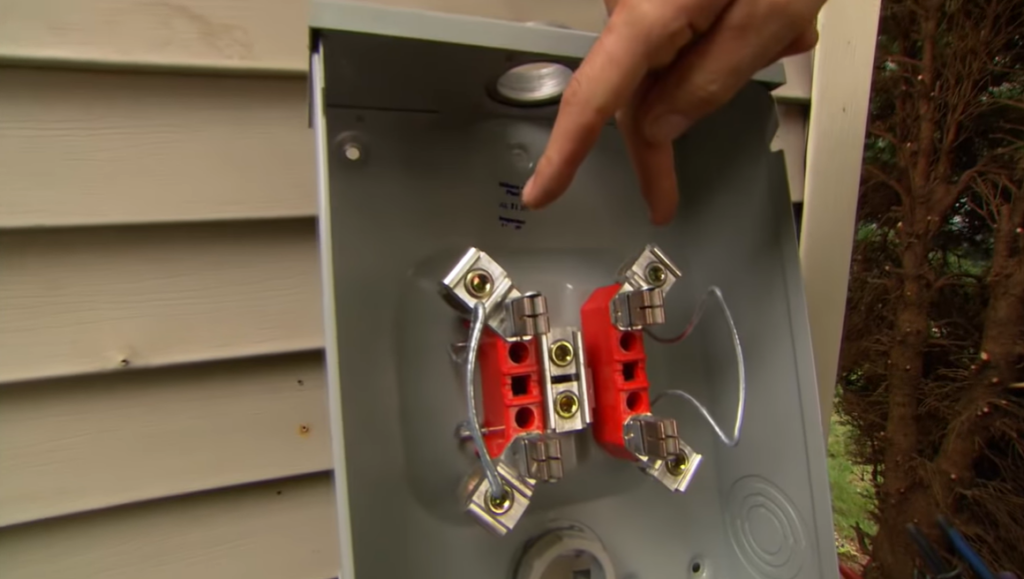
Additionally, if your existing panel is outdated or incompatible with the new 200 amp system, the cost will rise to accommodate panel replacement.
Wiring Length and Material
The distance between the main electrical panel and various outlets in your home is a key consideration. Longer wiring routes will require more material and labor, increasing the cost. Furthermore, the type of wiring material you choose—such as copper or aluminum—can affect the overall expense.
While copper is more conductive and efficient, it’s typically more expensive than aluminum. Opting for higher-quality wiring can ensure better performance and safety.
Number of Circuits
The number of circuits you plan to install or upgrade also influences the cost. Additional circuits are necessary for accommodating modern appliances, electronics, and other power-hungry devices.
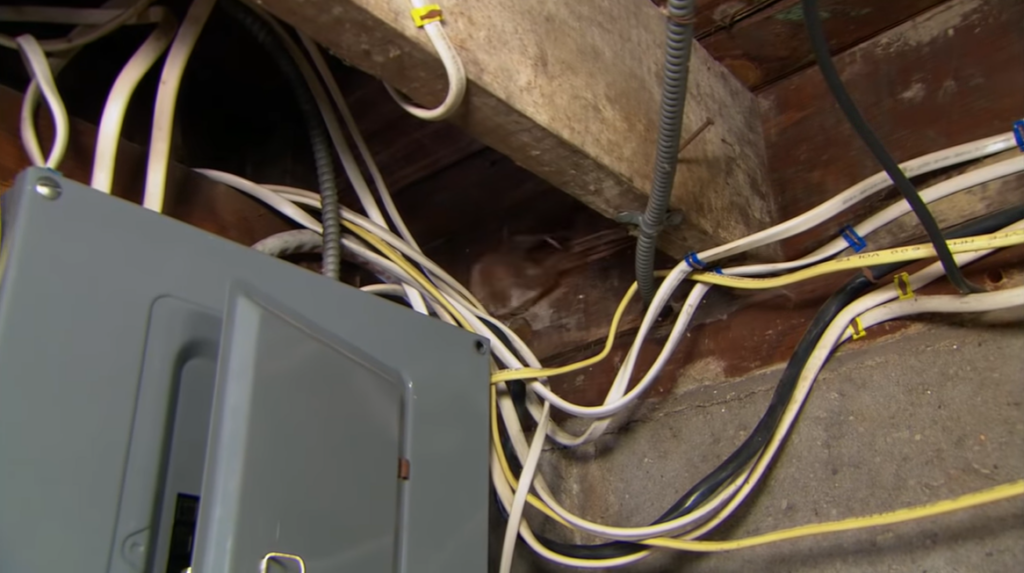
Each new circuit installation involves wiring, circuit breakers, and potential modifications to your electrical panel. The more circuits you need, the higher the cost will be.
Permits and Local Regulations
Obtaining necessary permits and adhering to local electrical codes [1] is not only essential for safety but also affects the cost. Permit fees and inspection expenses can vary depending on your location.
It’s crucial to ensure that the upgrade meets all safety and regulatory standards to avoid potential legal and financial issues down the line.
Hiring a Professional
While some homeowners might consider DIY electrical work to save money, hiring a licensed electrician is crucial for a safe and effective upgrade. Professional services ensure that the upgrade is done correctly, minimizing the risk of electrical hazards or future problems.
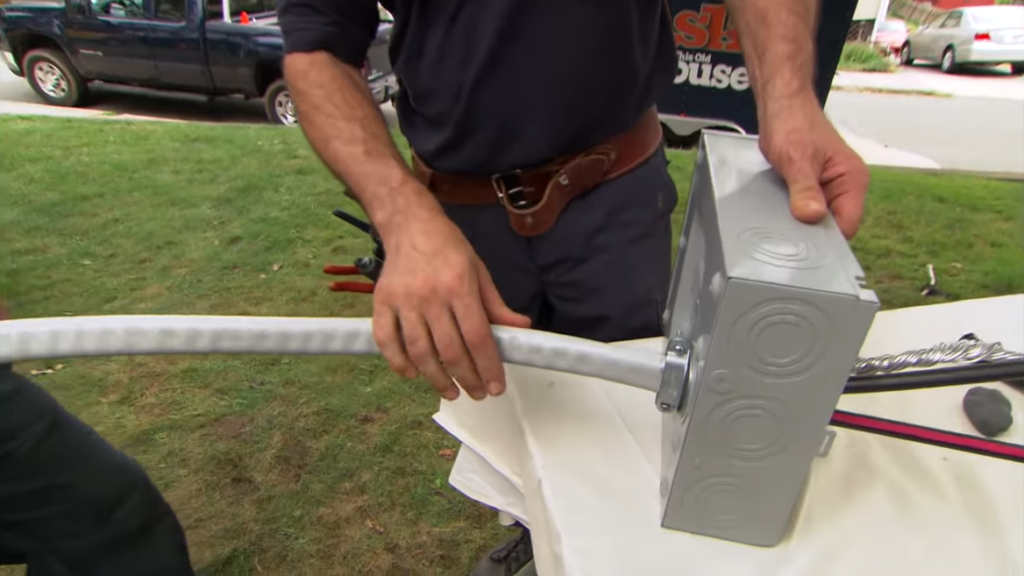
The cost of hiring an electrician can vary based on their experience, reputation, and location. While it might seem like an additional expense, the expertise and peace of mind they provide are well worth the investment.
How to Save on Electrical Panel Upgrade Costs?
Upgrading an electrical panel to accommodate higher power demands is a prudent investment for homeowners. However, the associated costs can sometimes be a concern.
Thankfully, there are strategies to consider that can help you save on electrical panel upgrade expenses without compromising safety or quality.
Obtain Multiple Quotes
Before settling on an electrician or contractor, gather quotes from multiple professionals. This allows you to compare prices, services offered, and the breakdown of costs.
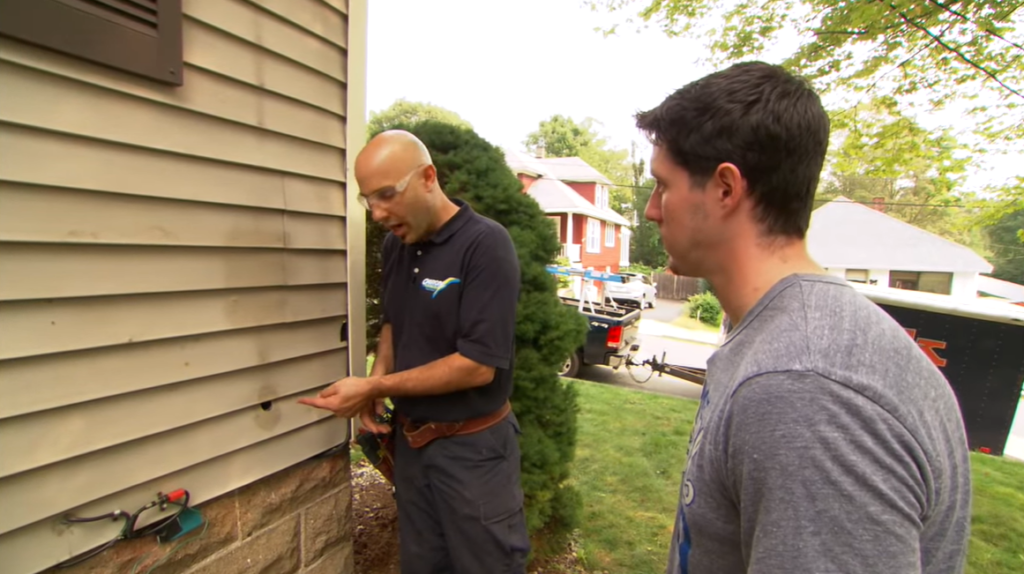
By obtaining multiple quotes, you can identify competitive rates and ensure that you’re not overpaying for the upgrade.
Bundle Services
If you have other electrical work that needs attention, consider bundling services to save on overall costs. For instance, if you’re planning to install new circuits or outlets along with the panel upgrade, discuss the possibility of a package deal with your electrician.
Combining services could lead to a reduced overall cost compared to addressing each task separately.
Opt for Energy-Efficient Equipment
While the initial cost might be slightly higher, choosing energy-efficient electrical panels and components can pay off in the long run.
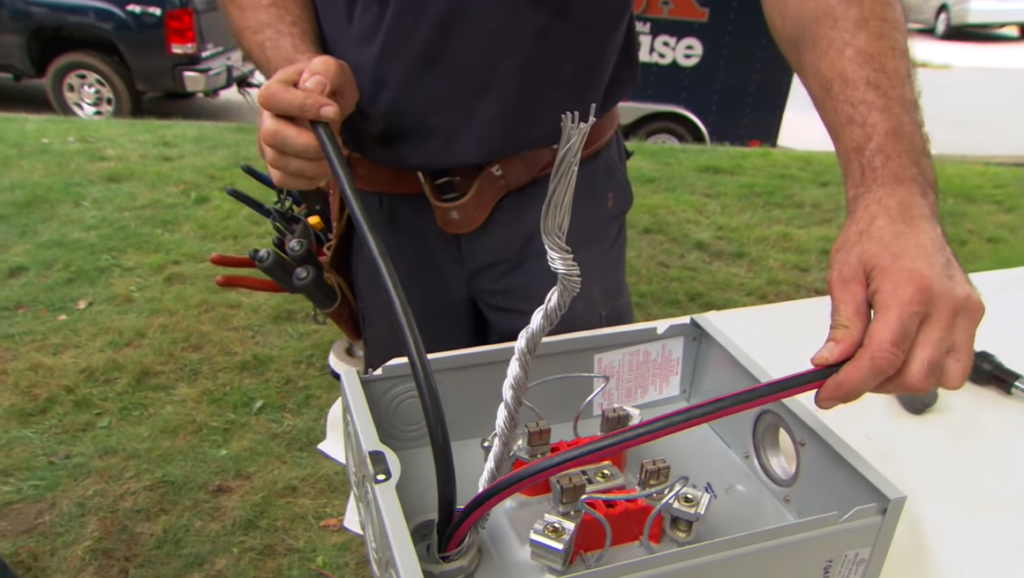
These panels are designed to optimize energy consumption, potentially leading to lower electricity bills over time. These energy savings can help offset the higher upfront cost of the equipment.
Plan Ahead
Timing can impact the cost of your electrical panel upgrade. If possible, plan the upgrade during a time when electricians are less busy. This could be during off-peak seasons or months when the demand for electrical services is lower.
During these periods, electricians might be more willing to offer competitive pricing to secure your business.
Research Local Incentives
Some regions offer incentives, rebates, or tax credits for energy-efficient home upgrades, including electrical panel upgrades. Research local and state programs that could potentially offset a portion of your upgrade costs. Taking advantage of these incentives can significantly reduce your out-of-pocket expenses.
Consider Partial Upgrades
If your budget is limited, you might consider a partial panel upgrade instead of a complete replacement. This involves replacing only the critical components that need upgrading, such as circuit breakers, grounding systems, and connectors.
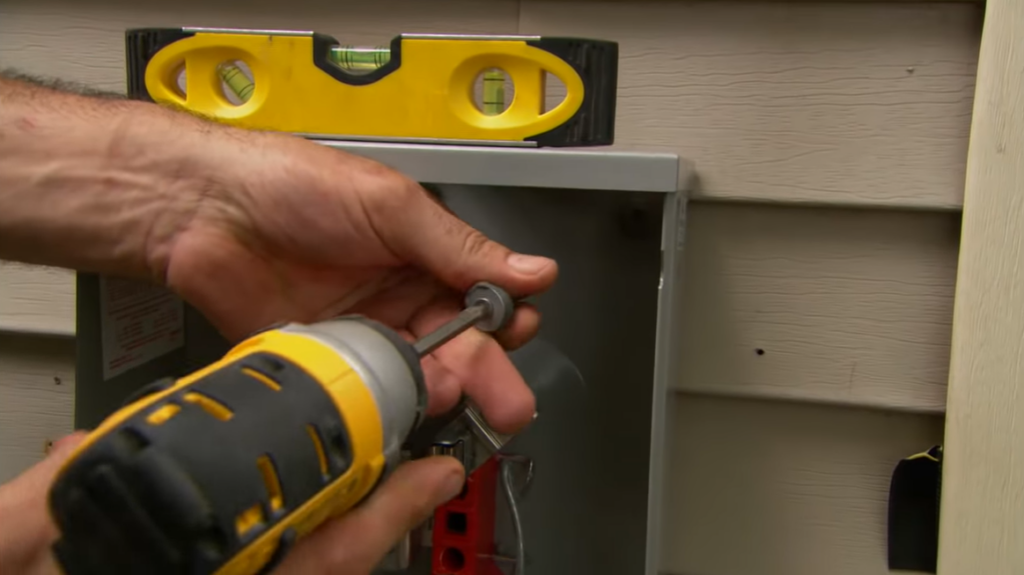
While this solution might not provide the same long-term benefits as a complete upgrade, it can help spread out the costs while addressing immediate concerns.
DIY Research and Prep
While the actual electrical work should always be done by a licensed professional, you can still contribute to cost savings by handling preparatory tasks yourself.
Clearing the work area, organizing the space, and ensuring easy access for the electrician can speed up the process, potentially reducing labor costs.
Regular Maintenance
Investing in regular maintenance for your electrical system can prevent issues that may lead to more extensive upgrades. A well-maintained system is less likely to experience unexpected failures, saving you from sudden repair or replacement expenses.
What is the Most Expensive Part of Upgrading an Electrical Panel?
The most expensive part of upgrading an electrical panel is often the labor costs associated with the installation. Skilled electricians are essential for ensuring a safe and proper upgrade, and their expertise comes with a price.
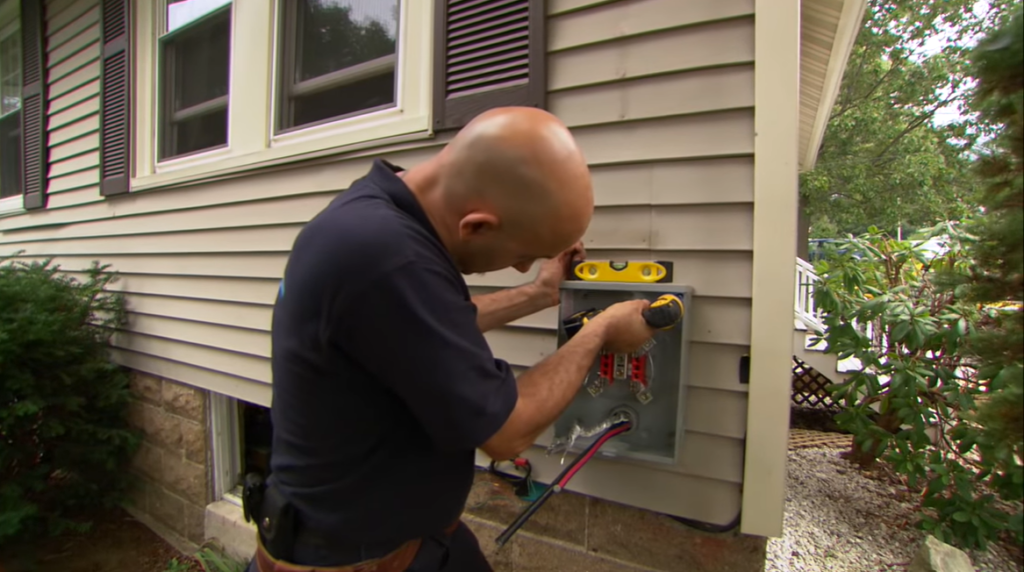
The process involves disconnecting the existing wiring, removing the old panel, installing the new panel, connecting and testing the circuits, and ensuring that everything complies with local electrical codes.
The intricacies of handling high-voltage electrical components and the need for precision in wiring and connections contribute significantly to labor expenses. Additionally, if any unforeseen issues arise during the upgrade, such as outdated or damaged wiring, these complications can further increase labor costs.
While materials, such as the new panel and circuit breakers, do contribute to the expense, it’s the skilled labor required for a successful and safe installation that often constitutes the most substantial portion of the overall cost of upgrading an electrical panel.
Is It Worth Upgrading an Electrical Panel?
Upgrading an electrical panel is undoubtedly worth it for many homeowners. The upgrade enhances a home’s electrical capacity, accommodating modern energy demands and technology.
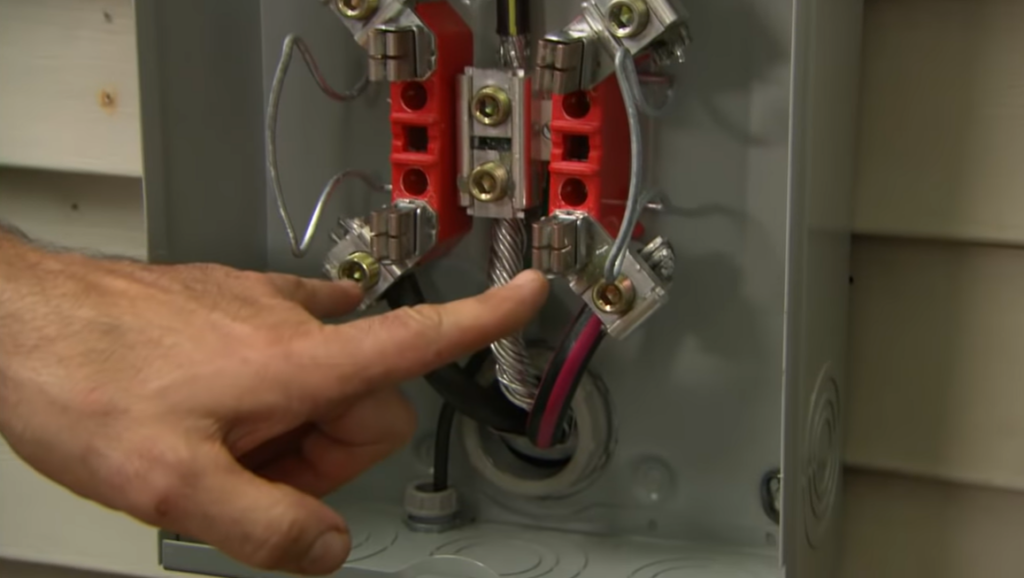
It improves safety by reducing the risk of overloaded circuits and potential hazards. Moreover, an upgraded panel can increase a home’s resale value and offer potential energy savings through more efficient electrical systems.
While there’s an initial cost involved, the long-term benefits in terms of safety, convenience, and potential financial returns make upgrading an electrical panel a wise investment for homeowners.
Conclusion
Upgrading to a 200 amp electrical service brings crucial benefits for accommodating modern power needs. The cost depends on various factors, including property type, wiring complexity, and equipment quality.
Hiring a professional electrician is crucial for safety and quality. Ultimately, this upgrade ensures a safer, more efficient, and future-ready electrical system.

